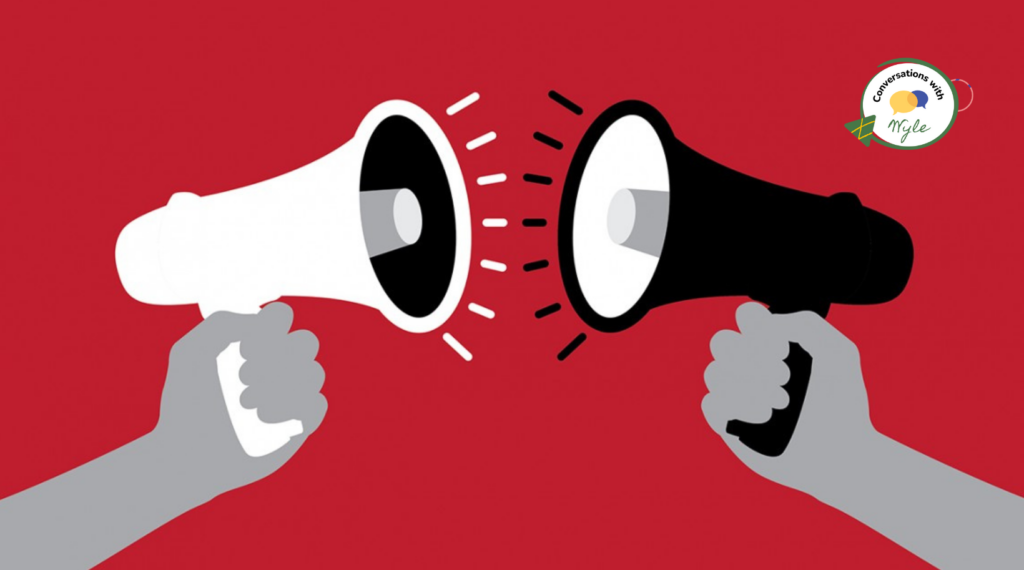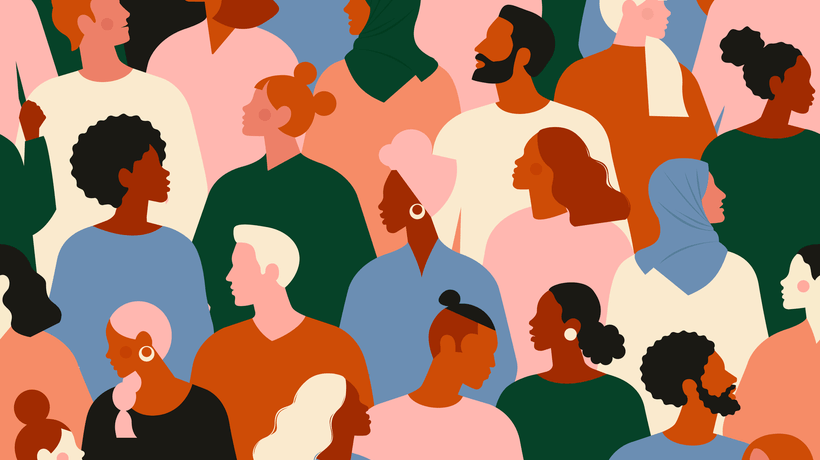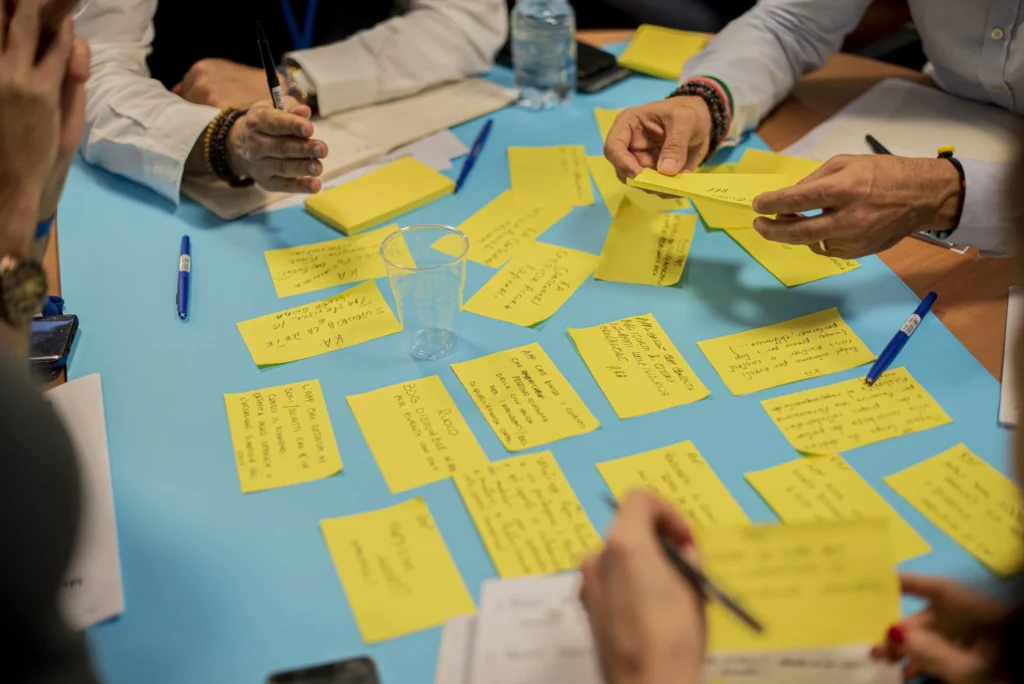Acting Together Against Residential School Denialism
The current political climate in North America has created an atmosphere of leniency toward racist speech by public figures. Any reaction against this racism, then, is called an attack on free speech. It is in this political climate that leadership and public commitment to truth and reconciliation become increasingly important.
On April 1, 2025, Inclusivity Insight CEO Wyle Baoween met with Len Pierre, a respected Indigenous educator, consultant, and traditional knowledge sharer, in a webinar designed to encourage reflection, dialogue building, and action against residential school denialism.
Background
On March 7, 2025, the BC Conservative Party expelled MP Dallas Brodie for her mockery of the testimony of residential school survivors. This spurred widespread public debate on the responsibility of political leaders and public figures – and the ways they can be held accountable for spreading hatred, misinformation, and residential school denialism.
Hundreds of people participated, creating an opportunity for support, community building, and the collective sharing of knowledge among people of different backgrounds. In attendance were residential school survivors and intergenerational survivors; Pierre later thanked them for their time and presence.
During the webinar, Baoween and Pierre discussed the need to hold political figures accountable and the ways in which truth on residential schools can be upheld by Canadians of all backgrounds.
“Free Speech” or Hate Speech?
Salish law, Pierre explained, is the ancient body of law in these lands and territories, and these laws are rooted in respect, intent, and equity. The moment you isolate a group of people and start spreading superficial, uninformed, hurtful opinions about that group of people, that is hate speech. “What is the intent of such speech if not to harm or cause violence?” Pierre asked. It is contrary to Salish law.
The Canadian legal system, including both criminal and human rights codes, also has laws against hate speech. Advocates for reconciliation and justice should be informed about the right to freedom of expression – “free speech” – as well as the reasonable limits that courts and governments place on this freedom.
Free speech
Everyone in Canada has a constitutionally protected right to freedom of expression. As the BC Office of the Human Rights Commissioner (OHRC) explains, however,
Hate speech and discriminatory speech are prohibited because government has decided these laws are reasonable limits on freedom of expression. The Supreme Court of Canada has found that laws that prohibit hate speech are reasonable and justified because hate speech can desensitize people to the effects of hate speech on target groups, making it easier to deny those groups equal rights.
In short, under law, “free speech” is not a justification for racism and discrimination. “Freedom of speech is not freedom from accountability,” said Baoween. “You have to be accountable for what you say.”
Hate speech
According to the BC OHCR, “hate speech” – as defined in both Canada’s Criminal Code and BC’s Human Rights Code – has all of these three features: (1) “It is expressed publicly; (2) It targets a person or group of people with a protected characteristic such as race, religion or sexual orientation; and (3) It uses extreme language to express hatred towards that person or group of people because of their protected characteristic.”
Residential school denialism falls directly within the definition of hate speech, which, the OHCR states, includes “Denying, minimizing or celebrating past persecution or tragedies that happened to group members.”
The Power of Truth
The National Centre for Truth and Reconciliation (NCTR) in Manitoba holds more than 7,000 statements from residential school survivors. The head archivist at the NCTR calls these statements “personal gifts – vulnerable expressions of school traumas offered with muted dignity.” To denigrate the testimony of these survivors is shameful and contrary to Indigenous and Canadian law.
As Pierre said, this truth does not need defending – it needs amplifying.
With the Privilege of Political Office Comes Responsibility
When Pierre first heard audio of Brodie’s comments on the evening news, his “gut reaction was outrage. Anger.” When he went online and saw the grief in the responses of residential school survivors on social media, he knew he had to do something. He issued a call to action, especially for allies, including encouraging people to contact their political representatives. Politicians have a responsibility to use their position and platform to advance reconciliation and human rights. “You don’t need to be Indigenous to advocate for Indigenous rights,” said Pierre.
As Canada heads into a federal election on April 28, Pierre encouraged attendees to question the candidates in their local ridings – to ask about what they will do to address residential school denialism. In this way, candidates learn of the importance of this issue to constituents and consider what steps can be taken to hold denialists accountable, including through legislation.
“Leadership shows – not in comfortable situations – it shows in difficult situations,” said Baoween, including “when some of us are attacked under the banner of free speech.”
This article is based on the webinar ”Truth, Reconciliation and Political Responsibility: Where Do we Draw the Line” hosted by Inclusivity April 2025. For more information, please contact [email protected].
Interested in joining future conversations? Sign up to get notified of free, upcoming webinars. If you have any questions or would like to provide any feedback, please reach us at [email protected]





















